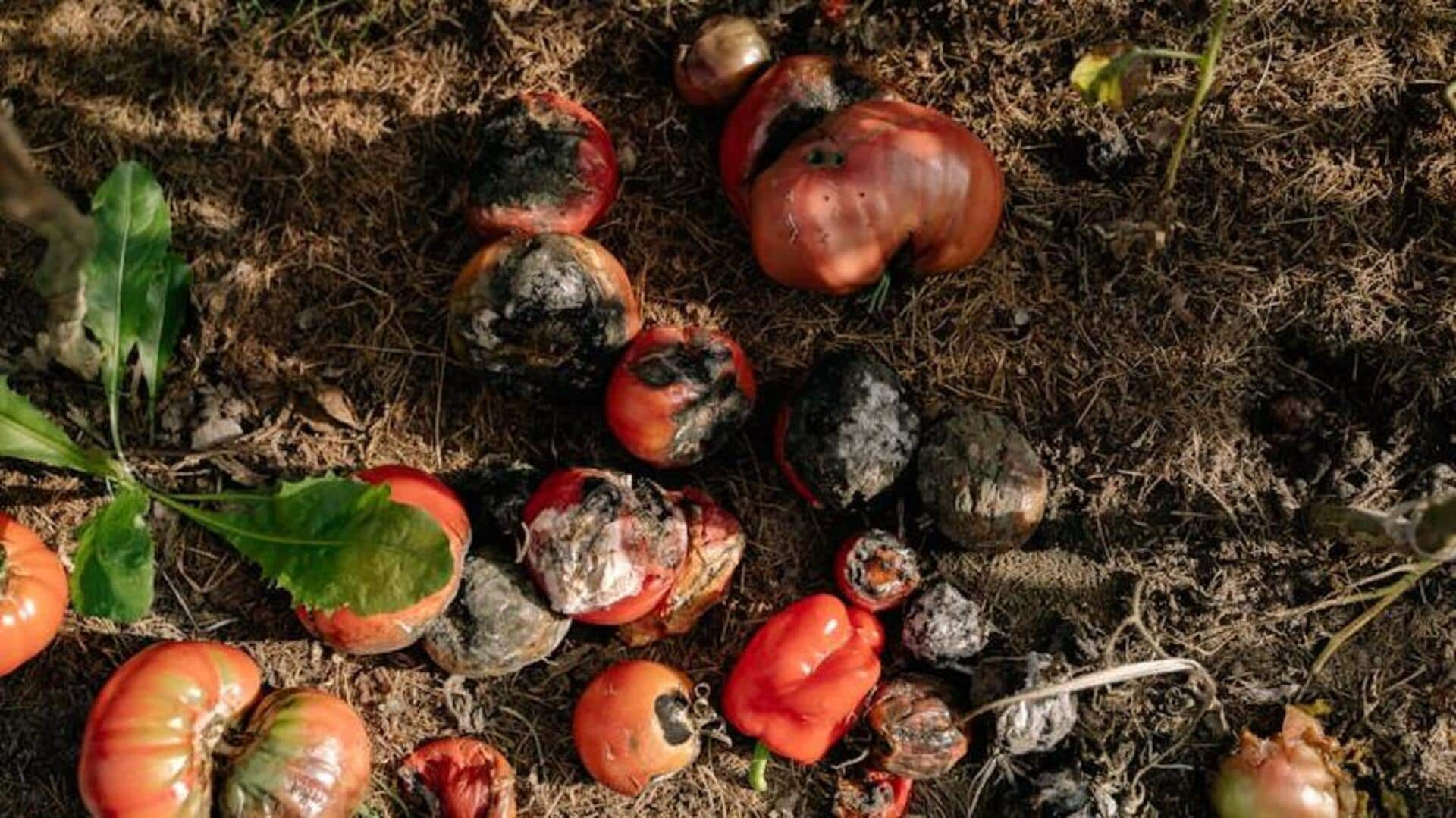
How to turn kitchen waste into compost: A guide
What's the story
Composting kitchen waste is a practical and eco-friendly way to minimize household waste and generate nutrient-dense soil for your garden. By mastering the art of composting, you can transform everyday food scraps into a valuable resource for plant growth. This process not only enriches your garden but also contributes to reducing landfill waste. Read on for a comprehensive guide on how to compost kitchen waste with ease and efficiency.
Bin selection
Choosing the right compost bin
Choosing the right compost bin is key to successful composting. There are three main types of bins: tumblers, stationary bins, and worm bins. Tumblers are great for people who want compost fast. They let you easily mix your materials. Stationary bins are good for lots of waste, and worm bins are perfect for indoor use or small spaces.
Material balance
Balancing green and brown materials
A healthy balance of green and brown materials is key to successful decomposition. Green materials, including fruit peels, vegetable scraps, and coffee grounds, supply necessary nitrogen. Brown materials, such as dried leaves, cardboard, and paper, contribute crucial carbon. Strive for a ratio of roughly three parts brown to one part green materials to ensure optimal aeration and moisture balance in your compost pile.
Moisture control
Maintaining proper moisture levels
Moisture is crucial for composting because it supports the microbes that decompose organic matter. Your pile should be as moist as a wrung-out sponge. Excess water causes smells, while not enough slows decomposition. Check moisture regularly by squeezing a handful of compost. If water drips, it's too wet.
Aeration technique
Turning your compost pile regularly
Regularly turning your compost pile is crucial for maintaining proper aeration, which accelerates decomposition by supplying oxygen to the microorganisms responsible for breaking down organic matter. By using a pitchfork or shovel every one or two weeks, you can thoroughly mix the pile from top to bottom, ensuring the even distribution of heat generated during decomposition.
Mistake prevention
Avoiding common composting mistakes
Steer clear of adding meat products or dairy items, as they tend to attract pests and generate unpleasant smells during decomposition processes within your bin system setup.